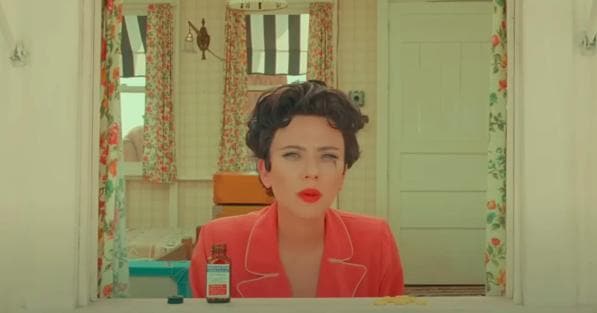“Kidnapped”, the first Italian in competition is a great film
[ad_1]
Marco Bellocchio continues to make great cinema: after the beautiful documentary “Marx can wait” of 2021 and the splendid series “Esterno notte” of last year, he returns once again to the Croisette to present his new feature film, “Kidnapped”.
The first Italian in competition, the film tells the true story of a Jewish child, Edgardo Mortara, who in 1858, at the age of almost seven, was taken by the Papal States and taken away from his family to be raised as a Catholic.
To the desperate parents, it was revealed that the child had been secretly baptized when he was very small: according to the strict rules of papal law, the sacrament received by the newborn required him to have a Catholic education. Transferred from Bologna to Rome, Edgardo will be raised according to Christian precepts under the custody of Pope Pius IX. Freely inspired by “The Mortara case”, a book by Daniele Scalise, the screenplay was written by Marco Bellocchio and Susanna Nicchiarelli, with the collaboration by Edoardo Albinati and Daniela Ceselli and the historical advice of Pina Totaro.
From the basic subject, which starts from a terrifying news story, a script develops rich in those themes that Bellocchio has often faced during his long career: from the complicated relationships between parents and children, up to certain religious excesses that risk undermine those same family relationships from within.
Powerful rhythm
In addition to the historical importance of the proposed topic, Bellocchio’s splendid staging is striking, which inexorably drags us into a disturbing and exciting story right from the start. The pace of the editing is powerful, perfectly calibrated and capable of often increasing the tension in the pivotal moments of a film with no dips from the beginning to the end. The elegance of Bellocchio’s style is certainly nothing new, but once again the director manages to amaze for the attention to every detail and for the remarkable general direction of the actors: in the cast we find, among others, Barbara Ronchi, Fausto Russo Alesi, Fabrizio Gifuni, Filippo Timi and Paolo Pierobon. It should be noted that a few years ago the Mortara case had also aroused the interest of Steven Spielberg, who had announced his intention to make a film on his story, inspired by a book by the American academic David Kertzer.

Asteroid City
Also highly anticipated in competition was “Asteroid City”, the new film by Wes Anderson with its usual all-star cast: from Jason Schwartzman to Margot Robbie, via Scarlett Johansson, Tilda Swinton, Tom Hanks, there are so many well-known faces present at the inside the film. “Asteroid City” is set in an imaginary and remote American desert town, where an astronomy convention, known as the Junior Stargazer, takes place. The convention attracts several students with their parents, but very soon the stories of these characters will end up overlapping in completely unexpected ways. Two years after “The French Dispatch”, Wes Anderson continues to give life to an increasingly abstract and theoretical cinema , using continuous games of Chinese boxes on the narrative side that make his films very complex and stratified. The style, symmetrical and full of very precise camera movements, is always the same and, undoubtedly, the attention to the construction of the shots is always first place in the thoughts of the American director. If the film is appreciated for its irony and staging, the dramaturgical side is less successful, as is the conceptual basis of the operation, decidedly more watered down than that of his previous film. The elegant aesthetics and a series of non-trivial reflections on the collective (the atomic bomb) and individual (loneliness) fears of the human being, but in the general plan something creaks and in the long run the little game between reality and fiction also risks tiring.
[ad_2]
Source link












